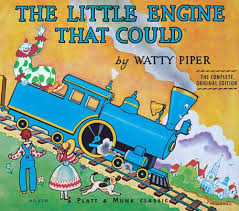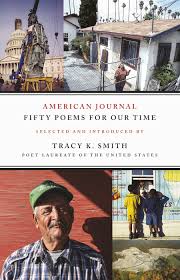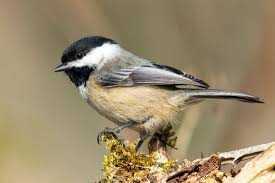
HAMLET: To-read or not to-read? That is the question.
OPHELIA: Don’t tell me. Goodreads member, right?
HAMLET: How did you know? Art thou a mind reader?
OPHELIA: A profile reader, you great, fool Dane. 87 books “read” and 8,777 books “to-read,” I see.
HAMLET: Uh, what are you doing here, anyway? Do you not understand the “sol” in “soliloquy”?
OPHELIA: Yea, verily. And the “dia” in “dialogue,” too.
HAMLET: Perhaps you should exit, stage left, instead of hectoring a man?
OPHELIA: Perhaps you should stop clicking “to-read” on books instead of teasing their authors most obscenely?
HAMLET: But I really want to read this 8,777th book!
OPHELIA: Don’t tell me. Some day.
HAMLET: OK, I won’t tell you the day then.
OPHELIA: Why haven’t you read Numbers 1 through 8,776, pray tell? Didn’t you want to read them, too? Or is this like a New Year’s resolution ha-ha? Good until January 5th, ha-ha.
HAMLET: “The road to not-reading is paved with good intentions.” Shakespeare, I’ll wager!
OPHELIA: Impossible. Pavement isn’t even invented yet.
HAMLET: Is Goodreads?
OPHELIA: Don’t mess with me, or I’ll twist you like an underbaked Danish.
HAMLET: What’s your deal, anyway? Aren’t women supposed to be seen but not heard?
OPHELIA: Children, Ham. Children. My advice is to clear it out. All of it. Make like Marie Kondo and spark some joy by blowing up your “to-read” shelf completely. Here’s the fuse.
HAMLET: But… it took so long to build! And all those pretty spines for my friends and followers to see! They look so… Goodreads!
OPHELIA: Replace it. Tabula rasa. No more clicking “to-read.”
HAMLET: Will (sic) I suffer withdrawal symptoms?
OPHELIA: No. Instead of clicking “to-read,” click “Amazon,” then “Add to Cart,” then “Place Order.” Be a Dane of conviction. Then get plenty of rest and see me in the morning.
HAMLET: Whoa, whoa, whoa. Dost thou not realize that placing an order would actually mean reading my “to-reads”?
OPHELIA: And supporting your “to-reads” authors who have spent a year or more crafting a product every bit as worthy as that fine coat you’re wearing and that distinguished artisanal goblet you’re drinking from. Have you not heard of royalties? Now make like QE I and produce some! After all, what do you think is supporting this Globe Theater stage we’re standing on?
HAMLET: Atlas?
OPHELIA:
HAMLET: Timber, maybe?
OPHELIA: Royalties, you fool Dane! Queen Elizabeth’s sizable assets, to start! And a percentage of the groundlings’ gate, to gild some lily. Where there’s a Will, there’s some pay!
HAMLET: Lower your voice before you raise the dead! I just coaxed my father off the ramparts last week! Now let me think on this. (Shuts eyes.) OK, I’m thinking like so: Tomorrow and tomorrow and tomorrow.
OPHELIA: Right church, wrong play.
HAMLET: Can I buy a few hours, then, with a, “Hey nonny, nonny?”
OPHELIA: Stop it and grow up. I’m serious. Back to zero with this “to-read” stuff. Using it only inflates all these authors’ “to-read” stocks. Hundreds upon hundreds of non-promissory notes. Much Ado About Nothing. Empty as the wind. Is that who you really are?
HAMLET: I need extra time for such questions! I’m still on “to be or not to be”! Don’t you have a nunnery to get thee to or something?
OPHELIA: (Eyes looking like grenades — which are not invented yet) You tax my patience like an exchequer, British for the tax man. Is my point made? Can we move on to Act V already?
HAMLET: OK, OK. But first, you doing anything tonight?
OPHELIA: Reading. Books from my cart. Delivered in two days thanks to Hippolyta Prime. Now let’s exeunt while the exeunting is good….
“Ophelia’s Poetry Tip-of-the-Day” Jar (Artisanal, Hand-Crafted Poems)











